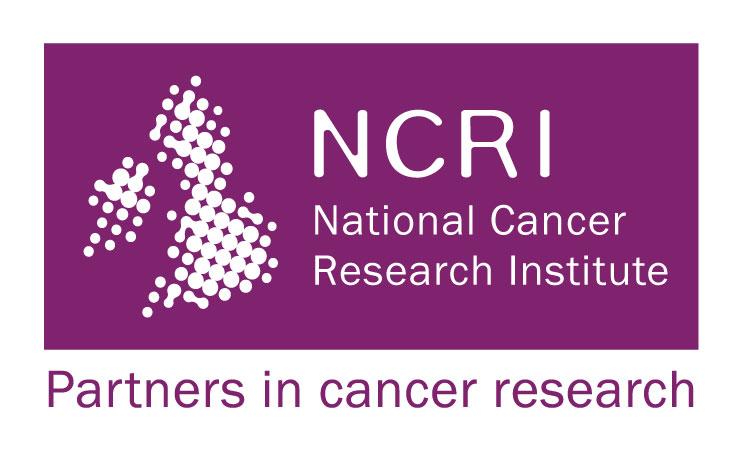NCRI unveils top research priorities
Published on: 3 December 2018Top 10 research priorities to help people live better with and beyond cancer.

Last year we encouraged anyone affected by lymphoma to complete a survey for The National Cancer Research Institute (NCRI). The aim of the survey was to identify the key questions that needed to be answered to improve the quality of life for people living with and beyond cancer.
The NCRI have now unveiled the top 10 UK research priorities. These were decided on through workshops with patients, carers and health and social care professionals, from an original shortlist of 26 questions.
The top priorities are:
- What are the best models for delivering long-term cancer care including screening, diagnosing and managing long-term side effects and late-effects of cancer and its treatment (e.g. primary and secondary care, voluntary organisations, self-management, carer involvement, use of digital technology, etc)?
- How can patients and carers be appropriately informed of cancer diagnosis, treatment, prognosis, long-term side-effects and late effects of treatments, and how does this affect their treatment choices?
- How can care be better co-ordinated for people living with and beyond cancer who have complex needs (with more than one health problem or receiving care from more than one specialty)?
- What causes fatigue in people living with and beyond cancer and what are the best ways to manage it?
- What are the short-term and long-term psychological impacts of cancer and its treatment and what are the most effective ways of supporting the psychological wellbeing of all people living with and beyond cancer, their carers and families?
- How can the short-term, long-term and late effects of cancer treatments be (a) prevented, and/or (b) best treated/ managed?
- What are the biological bases of side-effects of cancer treatment and how can a better understanding lead to improved ways to manage side-effects?
- What are the best ways to manage persistent pain caused by cancer or cancer treatments?
- What specific lifestyle changes (e.g. diet, exercise and stress reduction) help with recovery from treatment, restore health and improve quality of life?
- How can we predict which people living with and beyond cancer will experience long-term side-effects (side-effects which last for years after treatment) and which people will experience late effects (side-effects which do not appear until years after treatment)?
The aim of these questions is to prompt research to address them, in order to improve the quality of life for those affected by cancer.
We’re pleased to see this focus on living with and beyond cancer as we know that the need for support does not stop when treatment ends and often the ‘new normal’ of life after cancer can be a real challenge. This can be especially true with low-grade lymphomas which cannot be cured, so people have to adapt to living with this for the rest of their life. We developed our award winning Live your Life programme to specifically support people after treatment and give them the information and support required to help them live with and beyond their lymphoma. We look forward to seeing more research in this area to improve the quality of life for everyone affected by cancer.
Find more information on the top 10 research priorities, and the other shortlisted research questions, on the NCRI website .
Let us know what you think of these research priorities – and if they reflect what’s important to you – on social media @LymphomaAction using the hashtag #NCRI_LWBC.
